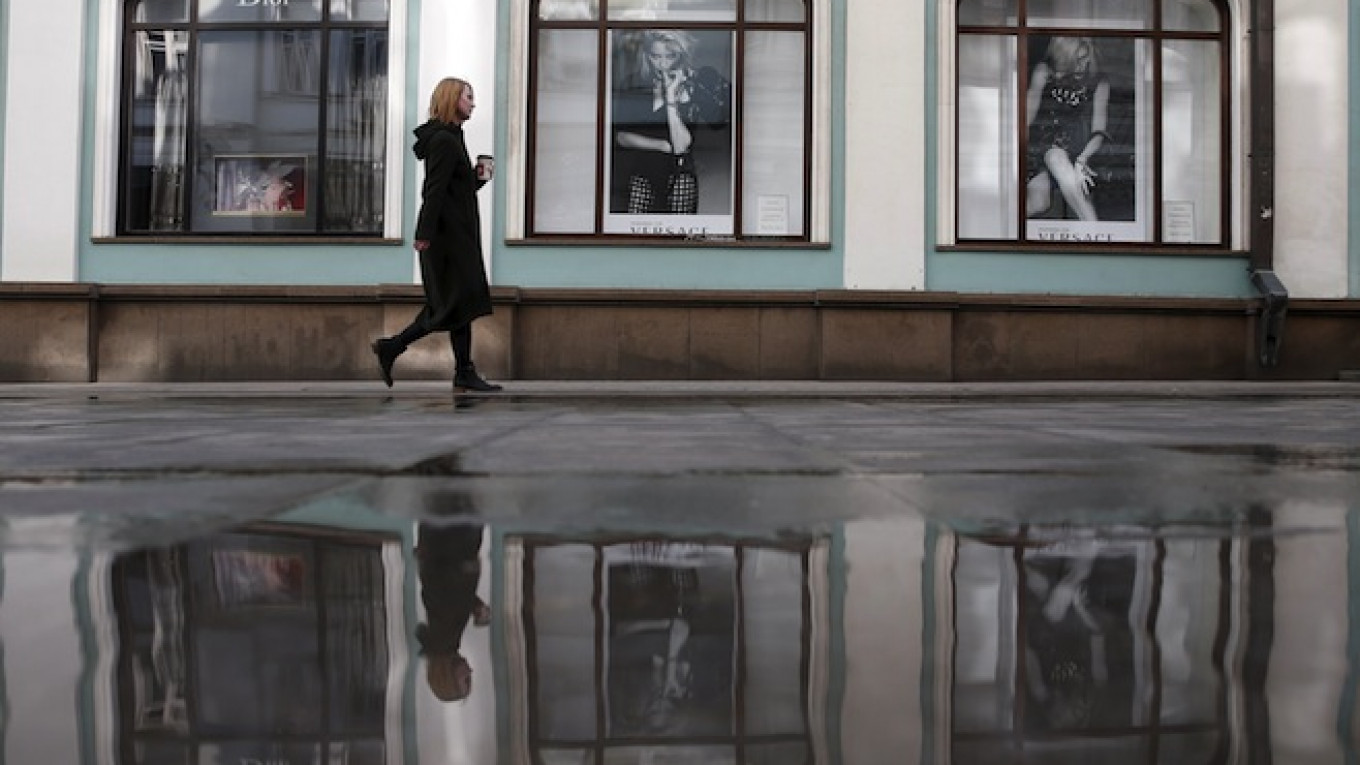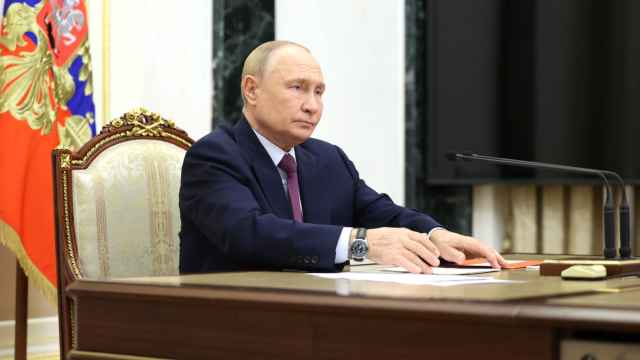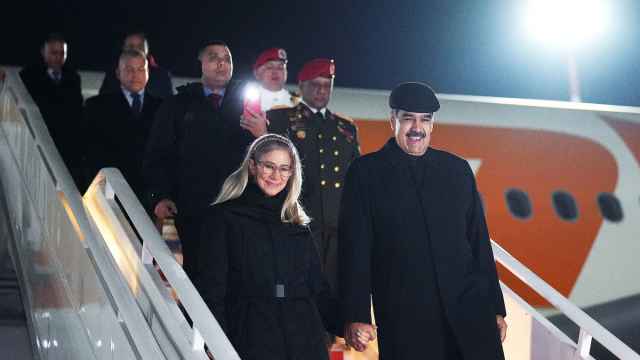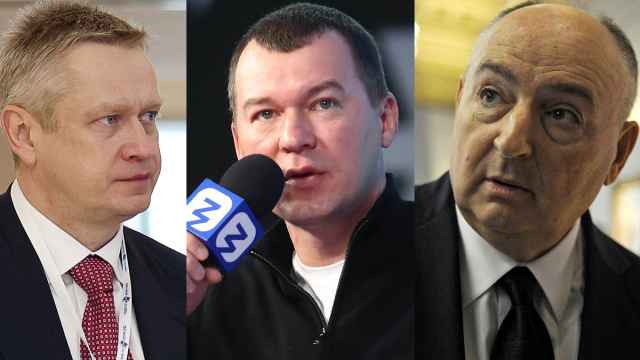An increase in exports and stable imports helped the euro zone widen its trade surplus in February, although by slightly less than expected, as a weaker euro helped soften the continued fall in sales to Russia.
Unadjusted for seasonal swings, exports to the rest of the world rose 4 percent and imports were unchanged, taking the bloc's trade surplus to 20.3 billion euros ($21.47 billion) versus 14.4 billion euros in February 2014, the EU's statistics office Eurostat said Wednesday.
Economists polled expected a surplus of 21.1 billion euros. Adjusted for seasonal changes, exports rose 2.8 percent compared to January this year. Imports increased 2.6 percent.
A fall of some 25 percent in the value of the euro against the dollar since last May has made European goods cheaper abroad, helping the currency bloc's export engine that has remained one of the few bright spots through a long debt and banking crisis.
The weaker euro, helped by a U.S.-style bond-buying program by the European Central Bank, has offset a dramatic fall in trade with Russia, the European Union's third-largest trading partner, over the crisis in Ukraine.
For the full 28-member EU, exports to Russia fell 34 percent in the first two months of this year compared to the same period a year ago. Imports are also down 36 percent.
The West imposed economic sanctions on Russia in late July last year to punish Moscow's support for rebels in eastern Ukraine, while Moscow has implemented a food ban in retaliation.
A Message from The Moscow Times:
Dear readers,
We are facing unprecedented challenges. Russia's Prosecutor General's Office has designated The Moscow Times as an "undesirable" organization, criminalizing our work and putting our staff at risk of prosecution. This follows our earlier unjust labeling as a "foreign agent."
These actions are direct attempts to silence independent journalism in Russia. The authorities claim our work "discredits the decisions of the Russian leadership." We see things differently: we strive to provide accurate, unbiased reporting on Russia.
We, the journalists of The Moscow Times, refuse to be silenced. But to continue our work, we need your help.
Your support, no matter how small, makes a world of difference. If you can, please support us monthly starting from just $2. It's quick to set up, and every contribution makes a significant impact.
By supporting The Moscow Times, you're defending open, independent journalism in the face of repression. Thank you for standing with us.
Remind me later.






